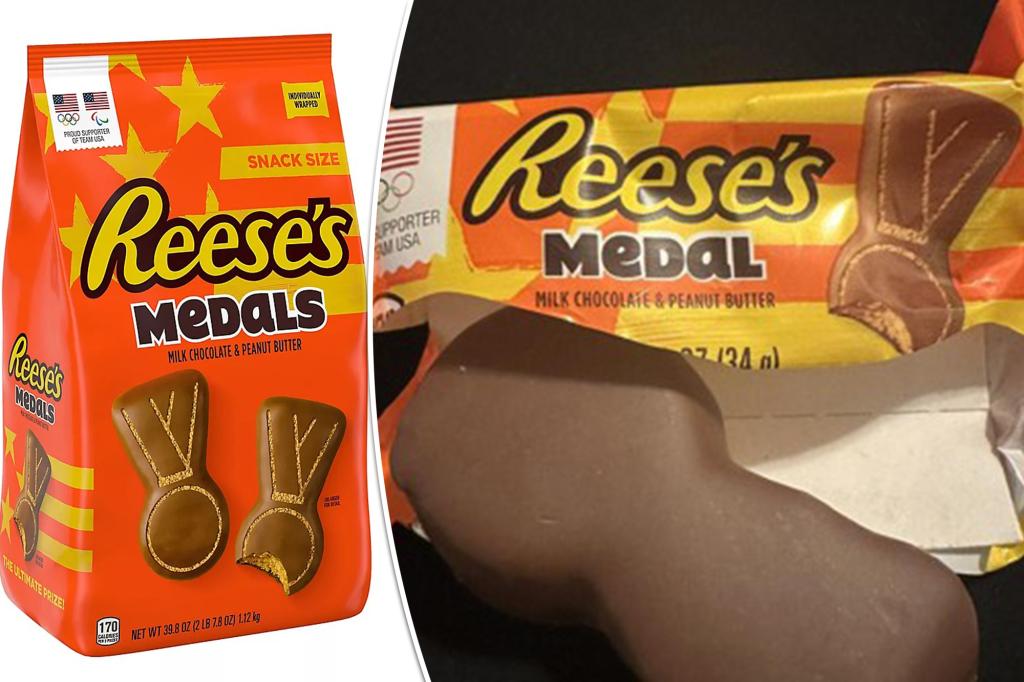A group of individuals in Florida have filed a federal lawsuit against The Hershey Company, claiming that Reese’s Peanut Butter products have been misrepresented in terms of what is actually contained inside. The lawsuit alleges that the company has violated Florida’s Deceptive and Unfair Trade Practices Act by falsely representing several products as containing artistic designs when, in reality, the products are blank. The specific products mentioned in the lawsuit include Reese’s Medal, Reese’s Peanut Butter Pumpkin, Reese’s White Pumpkins, Reese’s Pieces Pumpkins, Reese’s Peanut Butter Ghost, Reese’s White Ghost, Reese’s Peanut Butter Bats, Reese’s Peanut Butter Footballs and Reese’s Peanut Butter Shapes Assorted Snowmen Stocking Bells.
The lawsuit states that once the chocolate candies are removed from their packaging, there are no designs or carve-outs present, contrary to what is advertised on the packaging. It further alleges that Hershey’s deceptive advertising has led consumers to purchase the products based on the designs on the packaging, rather than the actual contents. The suit also claims that the company updated the packaging within the last two to three years to include detailed carvings in order to boost sales and revenues.
The customers involved in the lawsuit are seeking an unspecified amount in compensatory damages, as they purchased the products in question based on a false representation of the artistic carvings depicted on the packaging. This is not the first time The Hershey Company has faced legal action regarding the deceptive packaging of Reese’s Peanut Butter products. In a previous lawsuit, a Florida woman sued the company for $5 million, claiming that the packaging of Reese’s seasonal-shaped chocolates did not accurately represent the actual contents of the product.
The lawsuit filed by the group of consumers in Florida is a class-action suit, which means that it represents a larger group of individuals who have been similarly affected by the alleged deceptive practices of The Hershey Company. The plaintiffs in the case are accusing the company of misleading consumers through false advertising and packaging designs, which do not accurately represent the products inside. The lawsuit highlights the importance of truth in advertising and the potential consequences for companies that engage in deceptive marketing practices.
As the legal proceedings continue, it will be interesting to see how The Hershey Company responds to the allegations of false advertising and misrepresentation of their products. The outcome of this case could have broader implications for the marketing and packaging practices of other food companies, as consumers become increasingly vigilant about the accuracy of product labels and advertising claims. The class-action lawsuit may also prompt The Hershey Company to review and potentially change its marketing strategies to ensure compliance with consumer protection laws and regulations.


